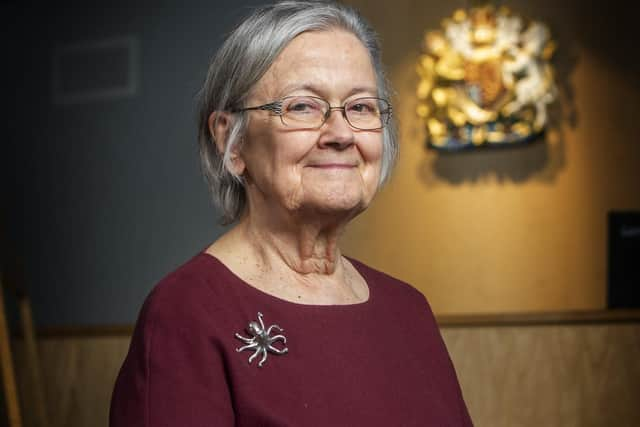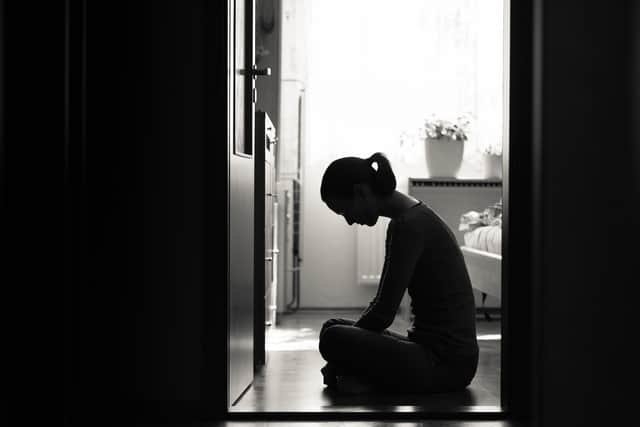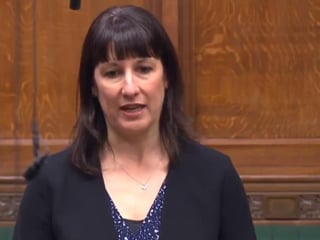'It's really hard' - Lady Brenda Hale discusses why so few rape allegations result in prosecution
and live on Freeview channel 276
Leeds-born Lady Brenda Hale, one of the country's most senior judges, spoke about the low figures of rape allegations resulting in a charge in West Yorkshire.
It follows a campaign spearheaded by the Yorkshire Evening Post highlighting that just 4.4 per cent of people who report being raped see their case taken to court.
Advertisement
Hide AdAdvertisement
Hide AdSpeaking to the YEP, Lady Hale said that rape allegations were taken "much more seriously" these days, although added that suspects had to be guilty "beyond reasonable doubt" for them to be convicted.


She said: "It is a long-standing problem of how you accurately handle rape and sexual assault and sexual exploitation cases.
"For a long time, complainants were not taken seriously, and that was bad. Now, complainants are taken much more seriously than they used to be, but that brings with it the difficulties of presenting the case and proving the case.
"If we're talking about prosecutions, the defendant's guilt has to be proven beyond a reasonable doubt. And the circumstances of so many of these cases make it quite hard to prove anything beyond a reasonable doubt."


Advertisement
Hide AdAdvertisement
Hide AdIn a series of interviews this month, the YEP highlighted that many victims are subjected to having their phones taken by police and are unable to discuss their assault with counsellors while cases are active.
Further probed on this, Lady Hale said: "The reason for giving up the phone is because there have been some high profile cases in which defence counsel were the first people to investigate what was on the phone and discovered things which produced a good defence, which meant that the prosecution either had to be abandoned or failed.
"So it's not surprising that the police are saying: 'Can we have a look at your phone?'
"But equally, it must always be for the woman concerned to decide whether or not she wants to do that, running the risk that if she doesn't, people may make allegations against her which otherwise they wouldn't."
Lady Hale added: "Being fair to both sides is what any justice system is supposed to be about and it's really hard."
